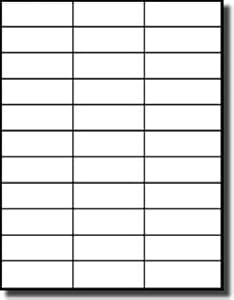

You might create several jobs, one for each place you plumb: Smith house, Jones house, and Winfrey house. Suppose you’re a plumber and you regularly do work for a general contractor. On the other hand, when your business revolves around projects, you can create a job in QuickBooks for each project you do for a customer. (If you have a point-of-sale system, like QuickBooks POS, you can track customer sales there and leave customers out of QuickBooks completely.) See the box on Modifying Customer and Job Information to learn more. And, because your retail business isn’t job-oriented, you can just pretend the fields for job information aren’t there. For example, setting the repeat customers at your store up as customers in QuickBooks not only saves you time by automatically filling in their information on each new sales receipt, it also gives you time to help them become even better customers. Real-world customers are essential to your success, but do you need customers in QuickBooks? Even if you run a primarily cash business, creating customers in QuickBooks could still be a good idea. In these situations, you simply create your customers in QuickBooks and move on to invoicing them for their purchases without assigning the income to a job. Even consultants who usually work on projects sometimes work on retainer, which provides a steady income that isn’t related to one specific project. For example, retail stores sell products, not projects. Some organizations don’t track jobs, and if your company is one of those, you don’t have to create jobs in QuickBooks. When you create a customer, in effect, you get one job built in automatically. Both the New Customer dialog box and the Edit Customer dialog box, which you’ll meet in this chapter, include tabs for customer information and job information. Regardless of how your organization works, customers and jobs are inseparable in QuickBooks. To QuickBooks, a job is a record of a real-life project that you agreed (or perhaps begged) to perform for a customer-remodeling a kitchen, designing an advertising campaign, or tracking down the safety deposit box that matches your customer’s key. If you play it safe and define a credit limit, QuickBooks even reminds you when orders put customers over their limits. The program takes the data you enter for customers and fills in invoices and other sales forms with your customers’ names, addresses, payment terms, and other information. In QuickBooks, a customer is a record of information about your real-life customer. QuickBooks throws out the thesaurus and applies one term-customer-to every person or organization that buys from you. The people who buy what you sell have plenty of nicknames: customers, clients, consumers, patrons, patients, purchasers, donors, members, shoppers, and so on.

Whether you sell products or services, the first sale to a new customer can initiate a flurry of activity, including creating a new customer in QuickBooks, assigning a job for the work, and the ultimate goal of all this effort- invoicing your customer (sending a bill for your services and products and how much the customer owes) to collect some income.

You may be fond of strutting around your sales department proclaiming, “Nothing happens until somebody sells something!” As it turns out, you can quote that tired adage in your accounting department, too.


 0 kommentar(er)
0 kommentar(er)
